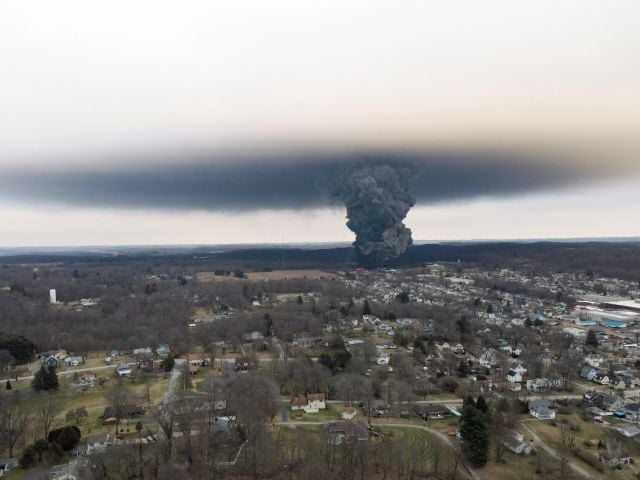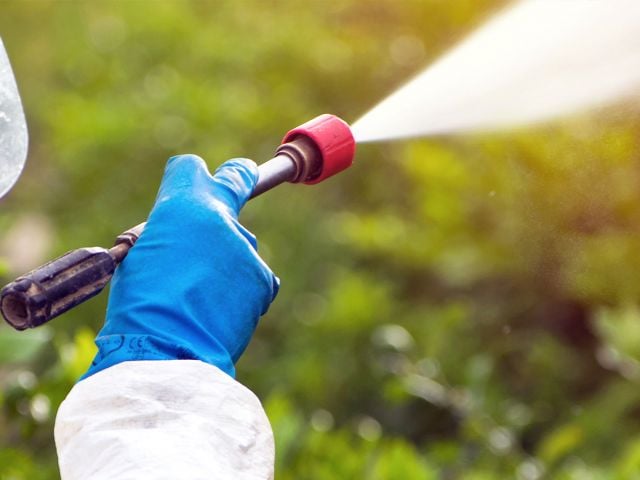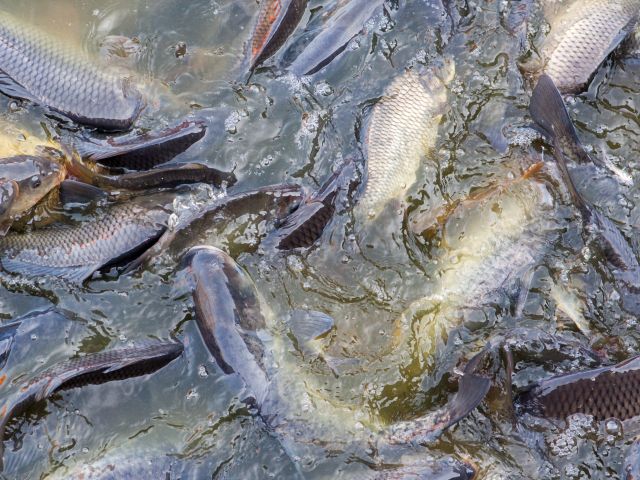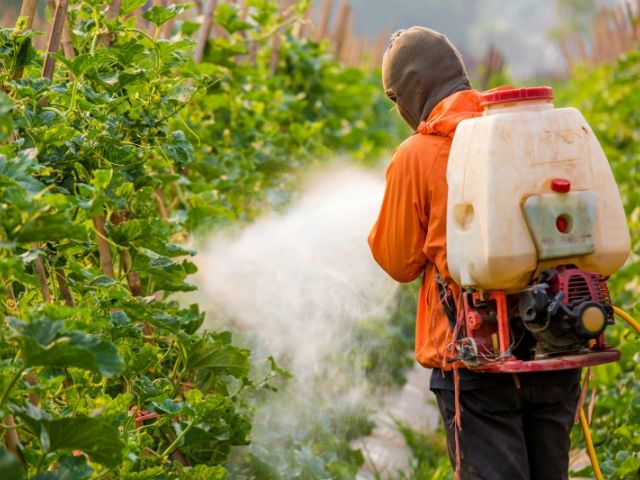Displaying 1 - 24 of 438
Atrazine: A Harmful Weedkiller Taints Tap Water for Millions in U.S.

EPA Ignores the Science, Dismisses the Risks to Children’s Health From Syngenta’s Atrazine

EWG’s News Roundup (9/1): Fragrances, Flame Retardants, Atrazine in Drinking Water and Monsanto’s Chemical Treadmill
Here's some news you can use going into the weekend.

EWG Comments on EPA's Draft Human Health Risk Assessment for Atrazine and Draft Cumulative Human Health Risk Assessment for Triazine Herbicides
Attached are EWG's comments to Environmental Protection Agency on the agency's draft human health risk assessment for atrazine and draft cumulative human health risk assessment for triazine herbicides...
From Hair Care to Hamburgers, Companies Get On Board the Transparency Train
Americans want and have a right to know what's in the stuff they buy. Manufacturers and marketers are finally joining the unstoppable movement for product transparency.

Latest Train Derailment Demonstrates Renewable Energy Needed to Protect Water and Environment
EWG Executive Director Heather White said today that Monday's West Virginia oil spill and explosion shows that it's absolutely critical for the U.S. to reduce its dependence on oil and base our future...
Oil and Water Don’t Mix -- Add trains and it’s a disaster waiting to happen
When I heard earlier this week that a train carrying crude oil had derailed and exploded in flames near the West Virginia town of Mount Carbon, I had a sickening feeling of déjà vu.

Toxic threats linger for Ohio community after train derailment spews harmful chemicals

Graver danger from a common herbicide
Hormone-Disrupting Weed Killer Taints Drinking Water for Millions of Americans

Trump EPA to Weaken Safeguards of Pesticide Linked to Birth Defects, Cancer
The Trump administration announced in a document posted Thursday that it plans to weaken environmental safeguards for atrazine, a weedkilling pesticide linked to birth defects and cancer in humans.

Widely Used Hormone-Disrupting Pesticides Put Millions at Risk
The European Union just banned two agricultural weed killers linked to infertility, reproductive problems and fetal development – the first-ever EU ban on endocrine-disrupting pesticides. That's good...

Trump EPA Proposes To Scrap Protections for Children From Pesticide Linked to Birth Defects, Cancer

Background Information on Cyanazine

Drinking Water and Children’s Health

Into the Mouths of Babes
n a little-noticed decision earlier this year, the EPA's top scientific committee on children's health declared that protections against the toxic weed killer atrazine in food and water should not be considered safe for infants and children. According to the Office of Children's Health Protection Advisory Committee:

EPA: Popular Weedkiller Threatens Wildlife

Hormone-Disrupting Weed Killer Taints Tap Water for Millions in Corn Belt
Seasonal spikes of atrazine – a weed killer that can disrupt hormones and harm developing fetuses – contaminate drinking water in corn-growing areas of the Midwest and beyond, according to an analysis...

Setting the Record Straight

A Hormone-Disrupting Weed Killer May Be in Your Tap Water. Here’s What to Do About It

California Slaps Health Warning Label on Popular Weed Killer

Frog researcher lectures Mayo Clinic docs on widely used weed-killer
GMOs Haven’t Cut Weedkiller Use
Monsanto marketed its potent weed killer glyphosate – brand name Roundup -- and the corn and soybeans genetically engineered to withstand it by claiming that it would replace other, more toxic weed...

Weed Killers By The Glass
